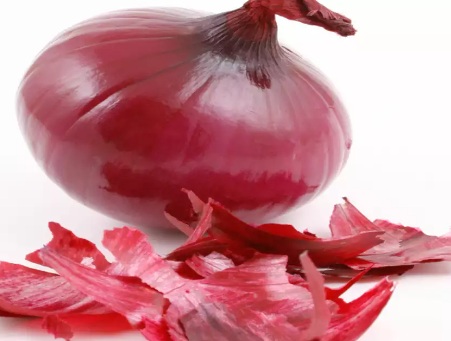
Onion peels, often discarded as kitchen waste, can be highly beneficial for plants. Here are some of the key benefits:
- Nutrient-Rich Fertilizer: Onion peels contain essential nutrients such as potassium, calcium, magnesium, iron, and sulfur. These nutrients help improve soil fertility and promote healthy plant growth.
- Pest Repellent: The sulfur compounds in onion peels act as a natural pesticide, helping to repel pests and protect plants from various insects.
- Compost Enhancer: Adding onion peels to compost piles enriches the compost with additional nutrients, enhancing its quality. The breakdown of onion peels adds organic matter to the compost, which is beneficial for soil health.
- Growth Stimulant: Onion peels can be used to make a nutrient-rich tea. Soaking the peels in water and using this solution to water plants can stimulate growth and improve plant vitality.
- Disease Prevention: The antimicrobial properties of onion peels help protect plants from fungal and bacterial infections, reducing the risk of diseases.
- Soil Improvement: When onion peels decompose, they add organic matter to the soil, improving its structure, aeration, and water retention capacity.
To use onion peels for plants, you can:
- Add them to compost: Simply add onion peels to your compost bin or pile to enhance its nutrient content.
- Make onion peel tea: Soak onion peels in water for a few days, strain the solution, and use it to water your plants.
- Mulch with onion peels: Place dried onion peels around the base of plants as mulch to improve soil quality and retain moisture.
By incorporating onion peels into your gardening routine, you can make use of a valuable resource that might otherwise go to waste, while promoting healthier and more robust plant growth.